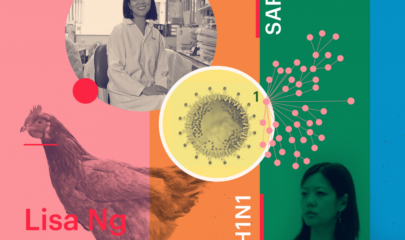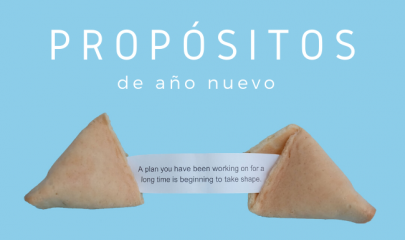Ramadan | Naouras explains how Muslims celebrate this month
What do you celebrate in Ramadan?
Ramadan is the holiest month in the Muslim calendar, it is the month in which the prophet received the first revelations of the Quran. It is also the 4th of the 5 fundamental principles of Islam. So, during this month, Muslims do not eat or drink or have intercourse from sunrise to sunset. More to that, Muslims are supposed to avoid bad behavior and bad thoughts during this month. Ramadan is also the ninth month of the Islamic calendar. It is a period of reflection that teaches humility, thinking about the other, helping the poor… The main lesson is that people are all the same in front of God.
Also, it is stated that during the month of Ramadan the gates of heaven are open and those of hell are closed.
Is it celebrated on the same dates every year? How are they chosen?
We are in the year 1441 in the Islamic calendar. It is a lunar calendar that is based on the phases of the Moon, and there is a difference of 11 days from the Gregorian calendar. One thing to note is that there are no months above 30 days, all of them cap at 30, if not less, depending on the phase of the moon. So, in result, we don´t celebrate Ramadan on the same dates every year, it can even change seasons.
In what consists the celebration? What is your routine during this time?
My routine during Ramadan is not that different from my daily routine during the other months. Except for fasting, of course.
I get up before sunrise to eat something, clean up, pray, work, and then it´s time to prepare the "iftar" (the evening meal that ends our fasting at sunset). After the iftar we go do the "tarawih", the additional prayers that are preferably done in congregations in mosques. The Quran may be recited completely over the course of the month. The imam starts Ramadan with the first verse and by the end of the month, he should be completing the final verse. Thus, all the participants to these prayers get closer to god through them. I believe this is the thing that most Muslims are going to miss this year due to the current covid-19 situation.
The last thing during the day is dinner and sleep.
How does fasting work? What you can and cannot eat?
Fasting is called "ssiyam". We not only restrain ourselves from eating, drinking or having intercourse, but also from violence, bad behavior, bad deeds, or destructive intentions. People who don´t respect this will not receive any good deeds from Ramadan, they´ll just be hungry for no reason.
What are some rituals and symbols proper of the Ramadan?
You can find the “tarawih” prayers that I mentioned earlier, but not just that. Ramadan is considered a month of giving and caring about the others, so more people are going to be doing lots and lots of charity, or good deeds, inviting neighbors to eat with them, inviting family, visiting relatives... There is also a single night in the whole month that is called “Laylat Al Qadr” (night of the destiny) where the Quran was revealed. During that night, Muslims gather in mosques and pray for the whole night, that night occurs by the end of the month. As I said before, the meditation of the Quran is not only for Ramadan, but it intensifies during this month.
Does every Muslim country celebrate it the same way?
The concept of Ramadan is the same in all Muslim countries. Although, different countries may have different ways of celebrating the start of it or the end of it. For example, in some countries they light lanterns in the streets, others may prepare special kinds of food, depending in the cultural practices of that country.
Tell me your favorite thing about this time.
Ramadan is a very special month for me, I enjoy every moment of it. From the time I was home, I used to sit with friends after the night prayers and just enjoy that breeze of wind after a hot day. I like the night prayers that are done in the mosques and visiting family.
Will the quarantine affect your way of celebrating your Ramadan?
In a way this quarantine is going to be very beneficial. It is true that it is going to stop me from the night walks, but now I will have more time to reflect and meditate, connecting with family, even though it is going to be through phone and video calls.



